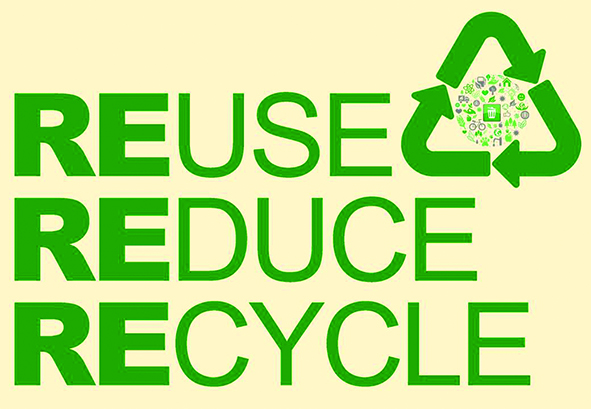Laudato Si’ Week 16 – 24 May
The material in this article is drawn mostly from https://laudatosiweek.org/
Laudato Si’:
On Care for Our Common Home
Pope Francis’ encyclical on climate change and ecology was signed on 24 May 2015, the Solemnity of Pentecost. Its title means Praise be to You in the Umbrian dialect spoken by St. Francis.
The encyclical is a reflection on how to practice the essential Catholic principle of valuing life in the midst of the unimaginable devastation of our planet. Laudato Si’ responds to a world that is daily growing hotter, more polluted, and more devoid of life. It frames the urgent need to solve these challenges within the long history of Catholic teaching about ecology, and draws from statements made by St John Paul II, Pope Benedict XVI, and bishops and scholars from around the world.

Building on these foundations, Laudato Si’ asks us to consider the deep connections between how we treat God, each other, and all creation. The encyclical proposes a lens of ‘integral ecology’, through which we see that the environmental catastrophe -- in all its dimensions -- is one symptom of a greater social catastrophe (137).
As Laudato Si’ says, we don’t face “two separate crises, one environmental and the other social, but rather, one complex crisis which is both social and environmental” (139). In the economy, policy, and technology, in biodiversity, resource management, and global warming, and even in our theology, we see that broken relationships have dire consequences for our world.

Hope is possible. We are called to assess our mode of living sincerely and to renew the bonds that tie us to each other and our Creator. As Laudato Si’ says, “If the present ecological crisis is one small sign of the ethical, cultural and spiritual crisis of modernity, we cannot presume to heal our relationship with nature and the environment without healing all fundamental human relationships” (119).
Laudato Si’ is a rich and moving document that offers new perspectives and opens new areas of inquiry in the body of Catholic teaching. It has been embraced by Catholic communities around the world -- Bishops’ conferences, dioceses, parishes, religious communities, and Catholic schools and universities. Many communities have taken up its clear and coherent guidance on the roots of, and solutions to, a planet in crisis.
About Laudato Si’ Week

Laudato Si’ Week is a celebration of ambitious, prayerful actions to protect creation.
During Laudato Si’ Week, we look back to celebrate the incredible actions Catholic communities have taken to date, and we look ahead with a commitment to accelerate action to protect our common home.
Laudato Si’ Week draws not only on the encyclical, but also on other teachings that have been published in the past five years. These include Querida Amazonía, the apostolic exhortation on the synod for the Amazon, the intercontinental bishops’ statement on climate change, and others.
Some things to do:
Save electricity
- Use the clothes line rather than the clothes dryer
- Use a drying rack near an open window to dry clothes when it’s raining rather than using the clothes dryer
- Turn radios, television sets and lights off when they are not needed -- the exception is when you are not at home; leaving them on is an inexpensive security option
- Wait for a full load for the washing machine, and use the shortest cycle
- Wash clothes in cold water
- Use heaters, fans and electric blankets as little as possible
- If you use a dishwasher, choose the shortest cycle
- Turn the heater down and wear a jersey
Travel cheaply
- If possible, walk or bike
- Use public transport rather than driving
- When driving, accelerate gradually and brake gently
- To save fuel, keep the tyres on your vehicle at the correct pressure
Recycle
- Recycle as much paper and plastic as the local council allows
- If they are soiled, rinse plastics lightly before putting them in the recycling bin / bag
- Keep soft plastics (bread bags, newspaper wraps) out of the landfill -- reuse them if your local council does not accept them for recycling
In general

- Compost as many food scraps as possible -- coffee grounds and egg shells make good compost
- If it is permissible, use a ‘keep-cup’ for your visits to coffee takeaway shops
- Drink tap or filtered water, not bottled
- Buy from companies with eco-friendly policies
- Buy less, thus saving time and money
 Entries(RSS)
Entries(RSS)